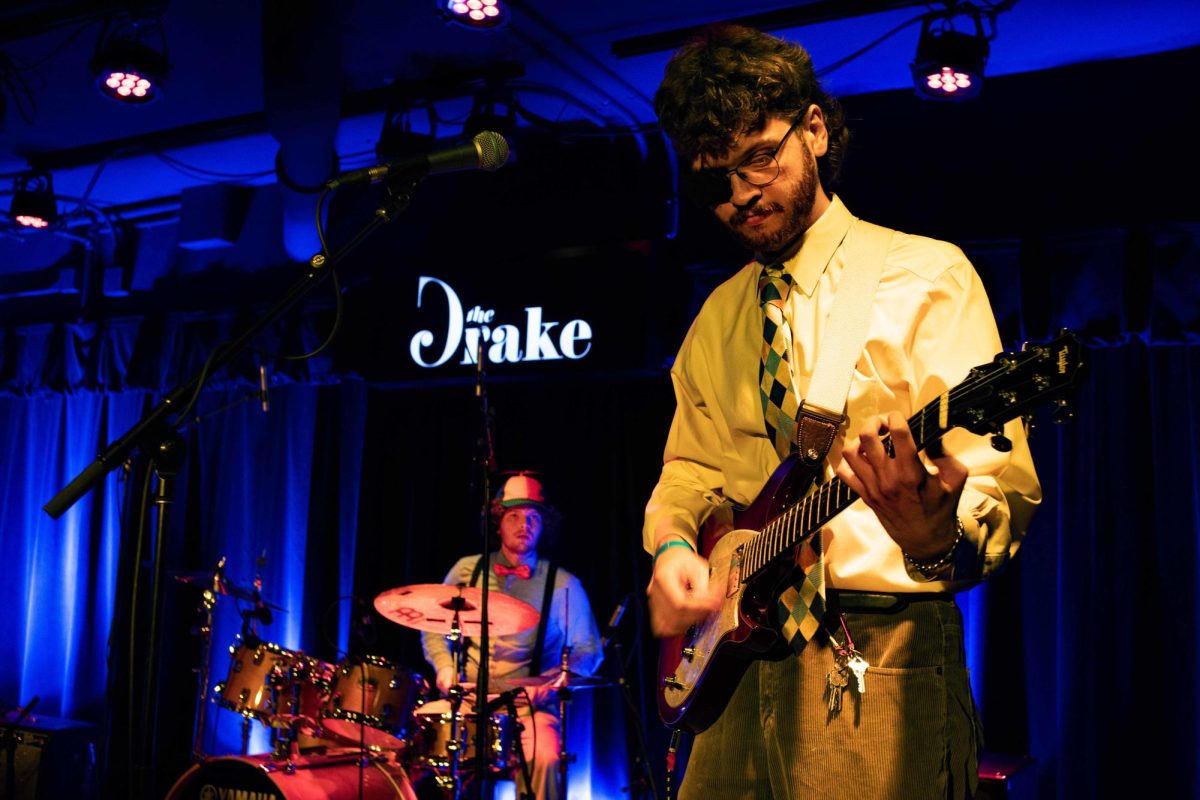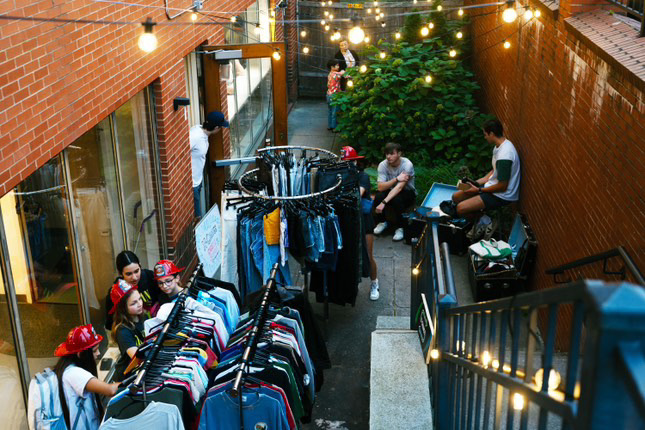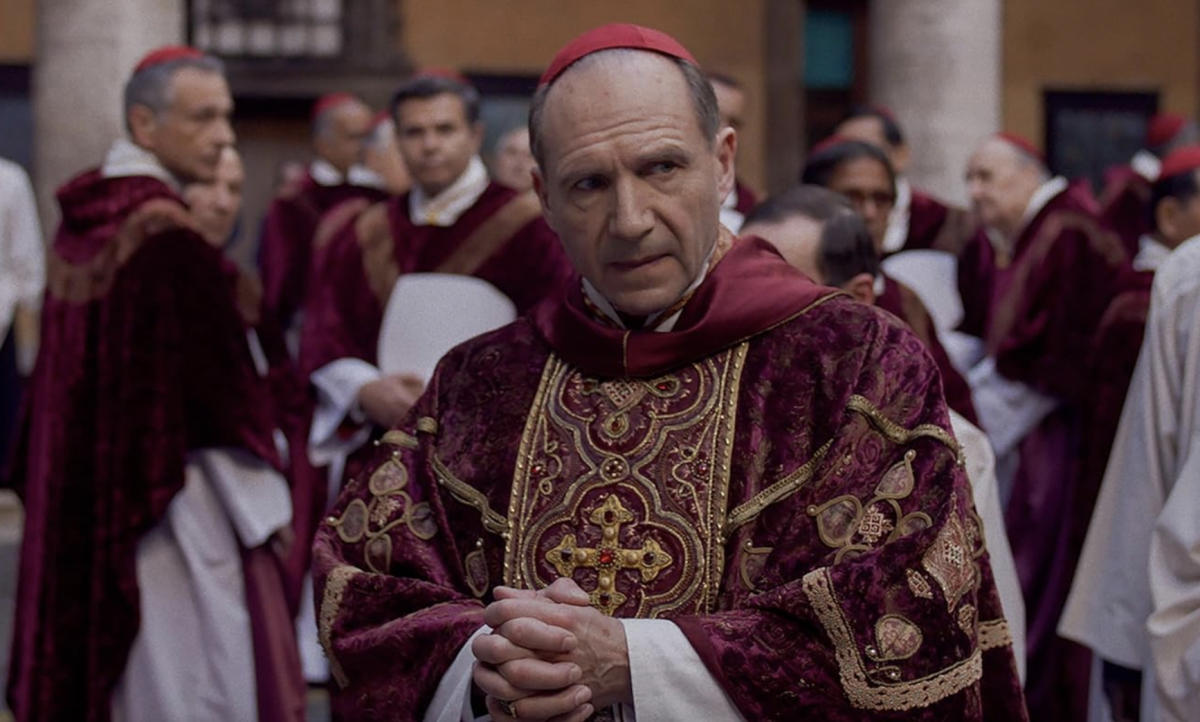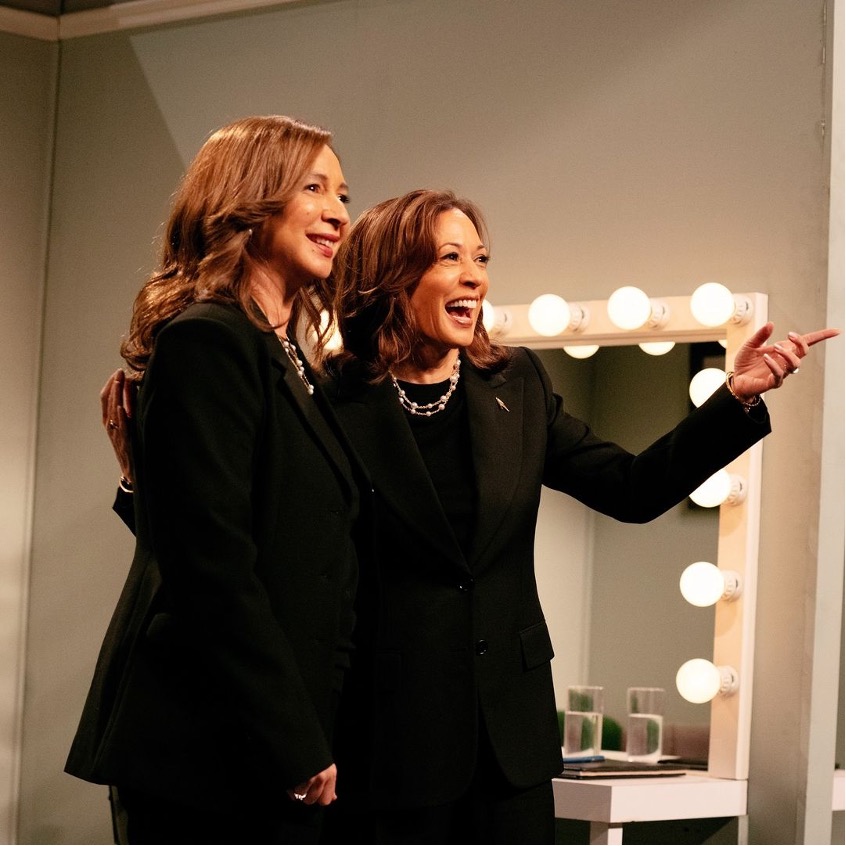
Let’s talk “True Detective.” The 17-year saga of two chewed-up men named Hart and Cohle has enthralled pop culture since the first season finale aired in March 2013. Not without its flaws, the phenomenal freshman outing launched a broad fan base and a whirlwind of speculation for season two.
“True Detective” had all the style. A unique setup for television, the program maintained a single director-writer duo (Cary Joji Fukunaga and Nic Pizzolatto, respectively) throughout the entire season. The continuity hastened the tuning of the show’s tone. Only an hour in, the grim visuals of Louisiana bayou and bottomed-out vocals of Hart (Woody Harrelson) and Cohle (Matthew McConaughey) had become characters of their own.
What drew me into the show was its compulsive originality. No other narrative on TV dared leap across 17 years. It created its own cult mythos. Furthermore, the editing process, syncing quick rhythmic frames with tired monologues, felt uniquely hasty and methodical.
In one of the show’s finest sequences, Pizzolatto’s script pops with the fervor of a firefight as Hart and Cohle retell their revisionist accounts of the moment that made them. Meanwhile, Fukunaga jump cuts between the present and the actual event, a botched arrest compounded by the murder of two suspects. The short sequence astounded me. It revealed the detectives’ legacy was a hollow fallacy; that 17 years later, Hart and Cohle still master that tall tale; and that through all their battles, Hart and Cohle remain intertwined by a lie they told to save themselves.
Pizzolatto’s opus entered several terms into our lexicon, including the mythical cult Carcosa and the faceless Yellow King. These frightening mysteries haunted audiences for eight brilliant episodes as Hart and Cohle descended into the underbelly of occult Louisiana. It even forged its own instant clichés, like Cohle’s “Time is a Flat Circle” speech.
Understandably, this intrigue led to casting and plot rumors within weeks of the finale’s airdate. Everyone from Brad Pitt to Jessica Chastain saw their names in the works. In the end, Colin Farrell got the call, along with Rachel McAdams, Vince Vaughn and Taylor Kitsch. Additionally, being an anthology program, “True Detective” will move to California and focus on an entirely different narrative than did season one.
As Pizzolatto has said in several interviews, season two will focus on bad men and hard women. This statement hints at remedying one of the freshman year’s weaknesses. Both female actors and actors of color saw almost no headlining roles on “True Detective.” While this resulted largely from the concise focus on Harrelson and McConaughey’s characters, it still undermined important characters, namely Maggie (Michelle Monaghan).
Despite an emotive and heartbreaking performance from Monaghan, Maggie failed to transcend the hackneyed housewife trope that Pizzolatto boxed her into. She existed purely in the context of her husband, Hart. With little to no autonomy, Maggie made every choice in response to Hart’s adultery or abuse. Even when she takes him back in the finale her decision reflects the supposed retribution of her husband rather than her own character progression. In a largely ingenious script, Maggie represents a big misfire from Pizzolatto.
Additionally, actors of color got almost no airtime. Detectives Gilbough (Michael Potts) and Papania (Tory Kittles) barely played a role beyond prompting the exposition in the present’s storyline. The script trapped them in a bleak interrogation room. In the end, they contributed almost nothing to the endgame despite sparking Hart and Cohle’s reunion.
With both McAdams and Kelly Reilly in prominent roles in season two, I’m hopeful Pizzolatto’s new narrative can give the necessary space for women. Afemo Omilami, who’s had roles in “Glory” and “Remember the Titans,” rounds out the second season’s cast, which appears far more diverse than last season.
We’ll have to wait until it airs the summer to see if these flaws are fixed, but “True Detective” has quickly rocketed to the circles of television’s finest. It’s audacious, ambitious, frightening and unforgettable, and based upon rumors; Pizzolatto is working out the flaws in his well-oiled machine. If he can, few flaws will remain in “True Detective.”
Then again, with a seemingly similar setup and direction, it might stumble on those old tropes once more. Time is a flat circle, after all.
Alexander Frail can be reached at [email protected] and followed on Twitter @AlexanderFrail.


















